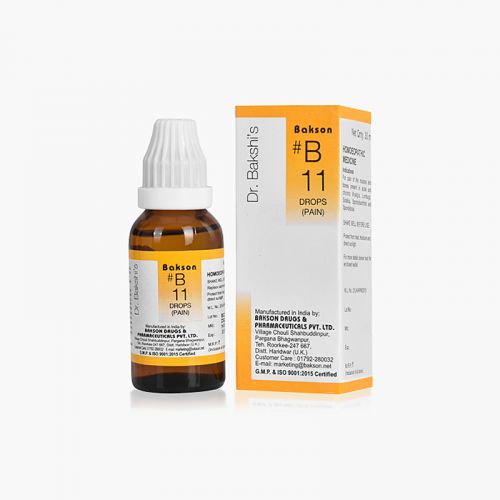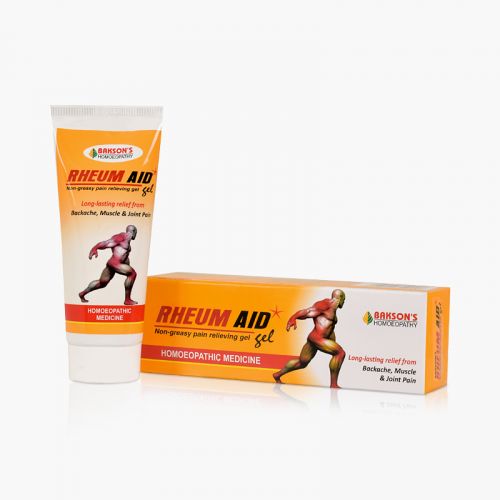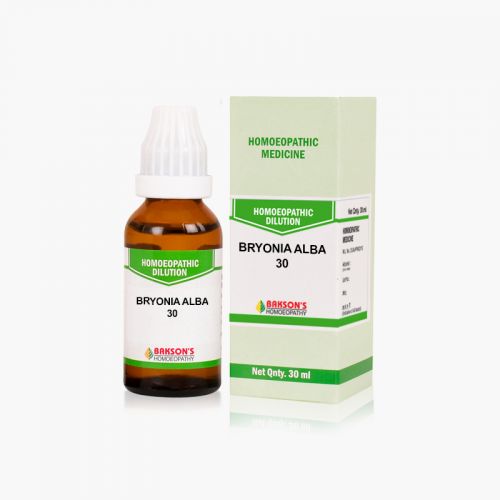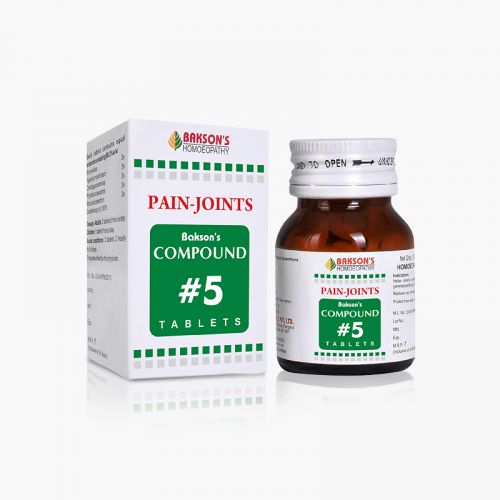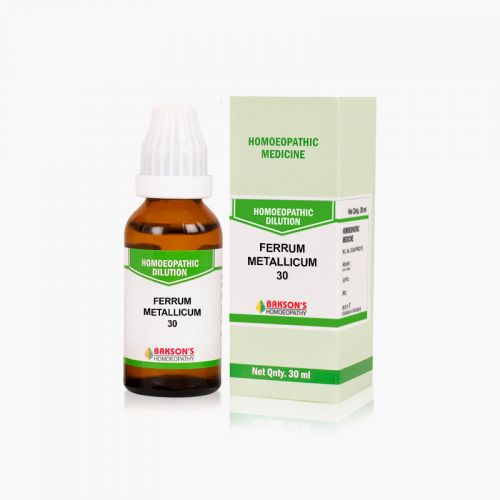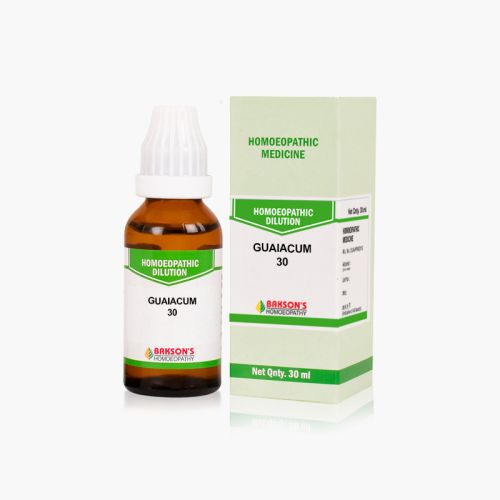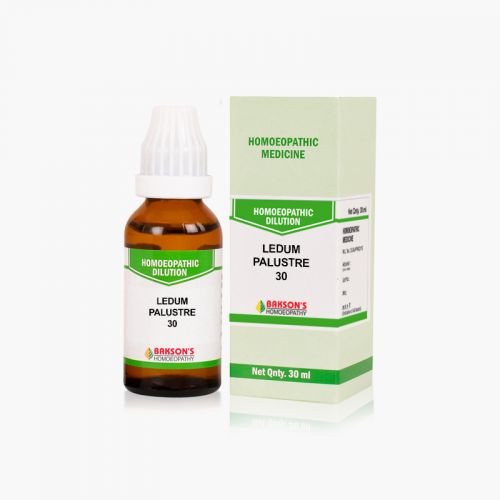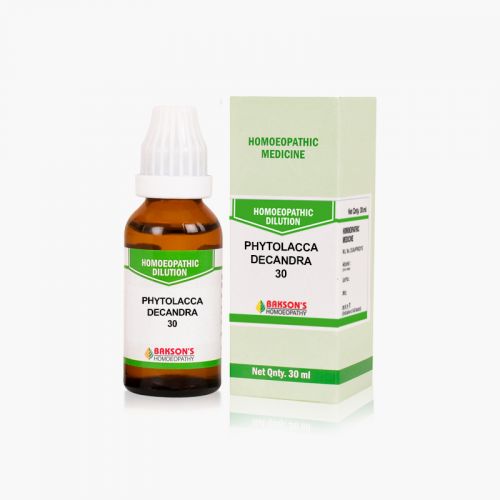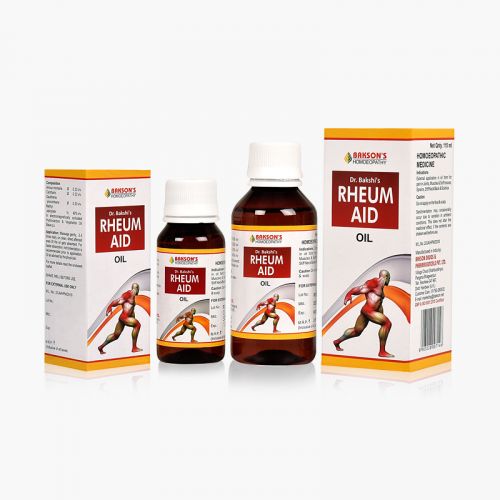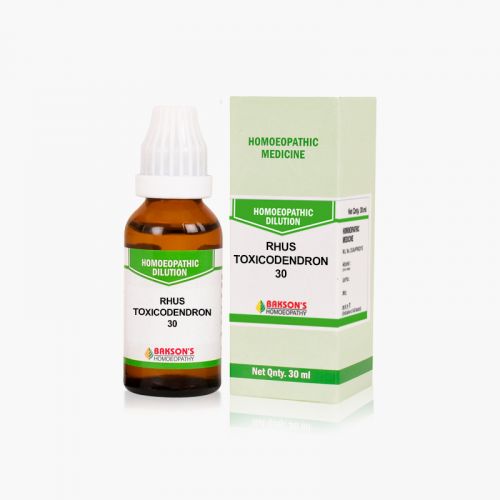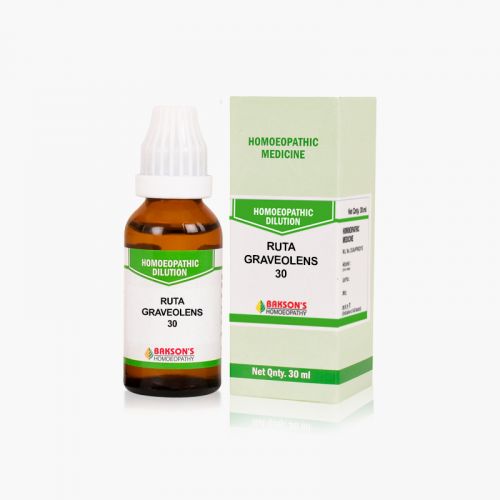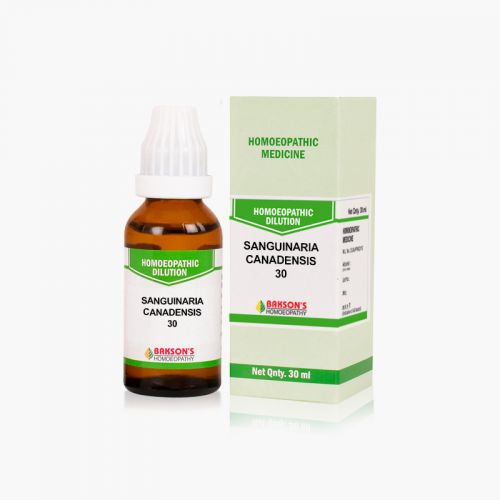We use cookies to make your experience better. To comply with the new e-Privacy directive, we need to ask for your consent to set the cookies. Learn more.
What is a Frozen Shoulder?
Adhesive capsulitis (AC) or frozen shoulder is an insidious inflammatory condition of the shoulder that causes fibrosis of the joint capsule and persists for more than 3 months. It is accompanied by gradually progressive stiffness and significant restriction of range of motion, especially external rotation.
Females are 4 times more often affected than men, while the non-dominant shoulder is more prone to be affected.
Causes
The cause of the frozen shoulder is not yet fully understood. However, some possible risk factors have been identified:
- Diabetes mellitus
- Stroke
- Thyroid disorder
- Shoulder injury
- Dupuytren disease
- Parkinson disease
- Complex regional pain syndrome
Staging
There is gradual restriction of passive shoulder motion which progresses through 3 overlapping phases:
- Freezing (2 to 9 months): initial, painful phase with predominant pain that is worse at night, with gradually increased glenohumeral joint ROM restriction.
- Frozen (4 to 12 months): stiffness and persisted glenohumeral joint motion limitation, but with less pain than that at the "Freezing" stage.
- Thawing (12 to 42 months): recovery phase with the gradual return of range of motion.
Signs and Symptoms
Patients present with following symptoms:
- Sudden onset of unilateral anterior shoulder pain.
- Passive and active range of motion restriction, first affecting external rotation and later abduction of the shoulder.
- Functional impairments include limited reaching, particularly during overhead (e.g., hanging clothes) or to-the-side (e.g., fasten one's seat belt) activities.
- Restricted shoulder rotations result in difficulties in personal hygiene, clothing and brushing hair.
- Neck pain can occur due to overuse of cervical muscles as a compensation for the loss of shoulder motion.
In general, depending on the stage and severity, the condition is self-limiting, interfering with activities of daily living, work, and leisure activities.
Diagnosis
Diagnosis is done with the help of a physical examination, but some imaging tests such as X-rays, ultrasound, or MRI may also be advised to rule out other conditions.
Management
Management includes physical therapy for strengthening and improving the range of motion.
Warning: Above information provided is an overview of the disease, we strongly recommend a doctor's consultation to prevent further advancement of disease and/or development of complications.
Disclaimer: The information provided herein on request, is not to be taken as a replacement for medical advice or diagnosis or treatment of any medical condition. DO NOT SELF MEDICATE. PLEASE CONSULT YOUR PHYSICIAN FOR PROPER DIAGNOSIS AND PRESCRIPTION.
- BAKSON #B 11 DROPSSpecial Price ₹ 160.00 Regular Price ₹ 200.00
- BAKSON RHEUM AID GELSpecial Price ₹ 84.00 Regular Price ₹ 105.00
- BRYONIA ALBA 30₹ 100.00
- COMPOUND #5 TABLETS-100TABSSpecial Price ₹ 108.00 Regular Price ₹ 135.00
- FERRUM METALLICUM 30₹ 100.00
- GUAIACUM 30₹ 100.00
- LEDUM PALUSTRE 30₹ 100.00
- PHYTOLACCA DECANDRA 30₹ 100.00
-
- RHUS TOXICODENDRON 30₹ 100.00
- RUTA GRAVEOLENS 30₹ 100.00
- SANGUINARIA CANADENSIS 30₹ 100.00




